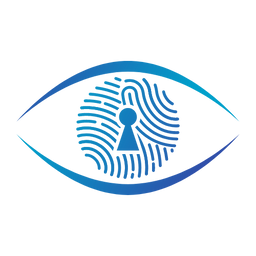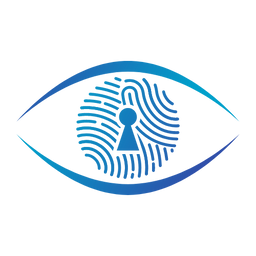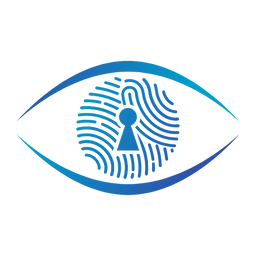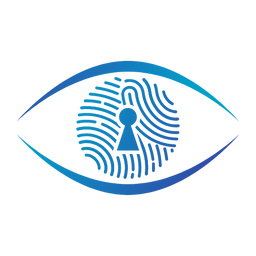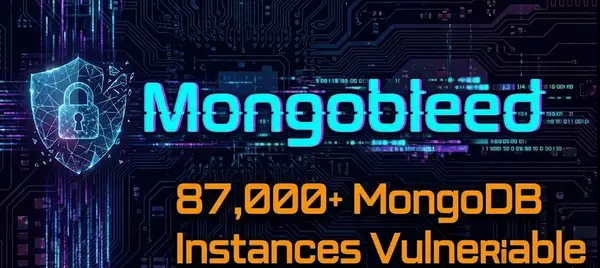Piracy Shield is Now Fully Functional in Italy: Controversial Anti-Piracy System Expands Beyond Sports

Italy's aggressive anti-piracy platform has evolved from a sports-focused tool into a comprehensive content protection system that now blocks movies, music, and TV series within 30 minutes—despite mounting EU concerns over fundamental rights violations.

The Expansion of Digital Enforcement
In August 2025, Italy's Communications Regulatory Authority (AGCOM) has broadened its online copyright regulations to include all live content, including films, TV series premieres, and music. This marks a significant evolution for Piracy Shield, which initially launched in February 2024 with a narrow focus on protecting live sports broadcasts.
The system aims at disabling access to pirated content within 30 minutes of live broadcasts or premieres. Blocking is achieved by preventing access to domain names and IP addresses associated with piracy. The expansion represents Italy's most aggressive stance against online piracy to date, positioning the country as a pioneer in automated content protection—though not without controversy.

How Piracy Shield Works
The system operates as an asynchronous platform designed to allow copyright holders (so-called flaggers) to quickly report domains or IP addresses hosting pirated content. Upon receiving the report on the portal, AGCOM can order Italian ISPs to block access to the sites involved within a maximum of 30 minutes.
Rights holders must report infringements diligently to avoid overblocking legitimate content. Failure to do so can lead to suspension from the platform. The automated nature of the system, praised by AGCOM officials as its "critical success factor," allows for rapid response to piracy threats—particularly valuable for time-sensitive live content.
A Track Record of Aggressive Blocking
Since its launch, the platform has blocked over 1,000 online domains and more than 500 IP addresses associated with illegal streaming. The system has demonstrated its capacity for swift action, with AGCOM blocking 65 DNS and 8 IP addresses within 30 minutes of receiving reports from rights holders like sports leagues.
The expanded scope now covers a broader range of content providers. 30-minute blackout orders not only for pirate sporting events, but also for other live content; extending blackout orders to VPNs and public DNS providers; the obligation to de-index pirate sites by search engines represent the key components of the enhanced system.
Growing EU Concerns and Legal Challenges
Despite its effectiveness in blocking pirated content, Piracy Shield has attracted significant criticism from the European Union. In a letter dated June 13, 2025, Roberto Viola – the European Commission's Director General for Communications Networks, Content and Technology – addresses Italy's Minister of Foreign Affairs, Antonio Tajani, raising concerns about compliance with the Digital Services Act.
The Commission's primary concerns center on fundamental rights violations. Lack of transparency: there is no adequate right to be heard or public justification for blocking decisions. Overblocking: numerous cases of legitimate sites being wrongly blocked have been reported, including even Google services. Absence of prior judicial review, contrary to Article 8 of the DSA, which requires procedural safeguards when legal content is restricted.
The Overblocking Problem
Perhaps the most damaging criticism has been the system's tendency toward overblocking legitimate content. Google Drive was also mistakenly blocked by the Piracy Shield on 19th October 2024 as a result of an error made by the sports streaming service DAZN. Such incidents have emboldened critics who argue the system lacks adequate safeguards.
The technical challenges are significant. The problem is that Italy's Piracy Shield enables the blocking of content at the IP address and DNS level, which is particularly problematic in this time of shared IP addresses. It would be similar to arguing that if in a big shopping mall, in which dozens of shops share the same address, one shop owner is found to sell bootleg vinyl records with pirated music, the entire mall needs to be closed and all shops are forced to go out of business.
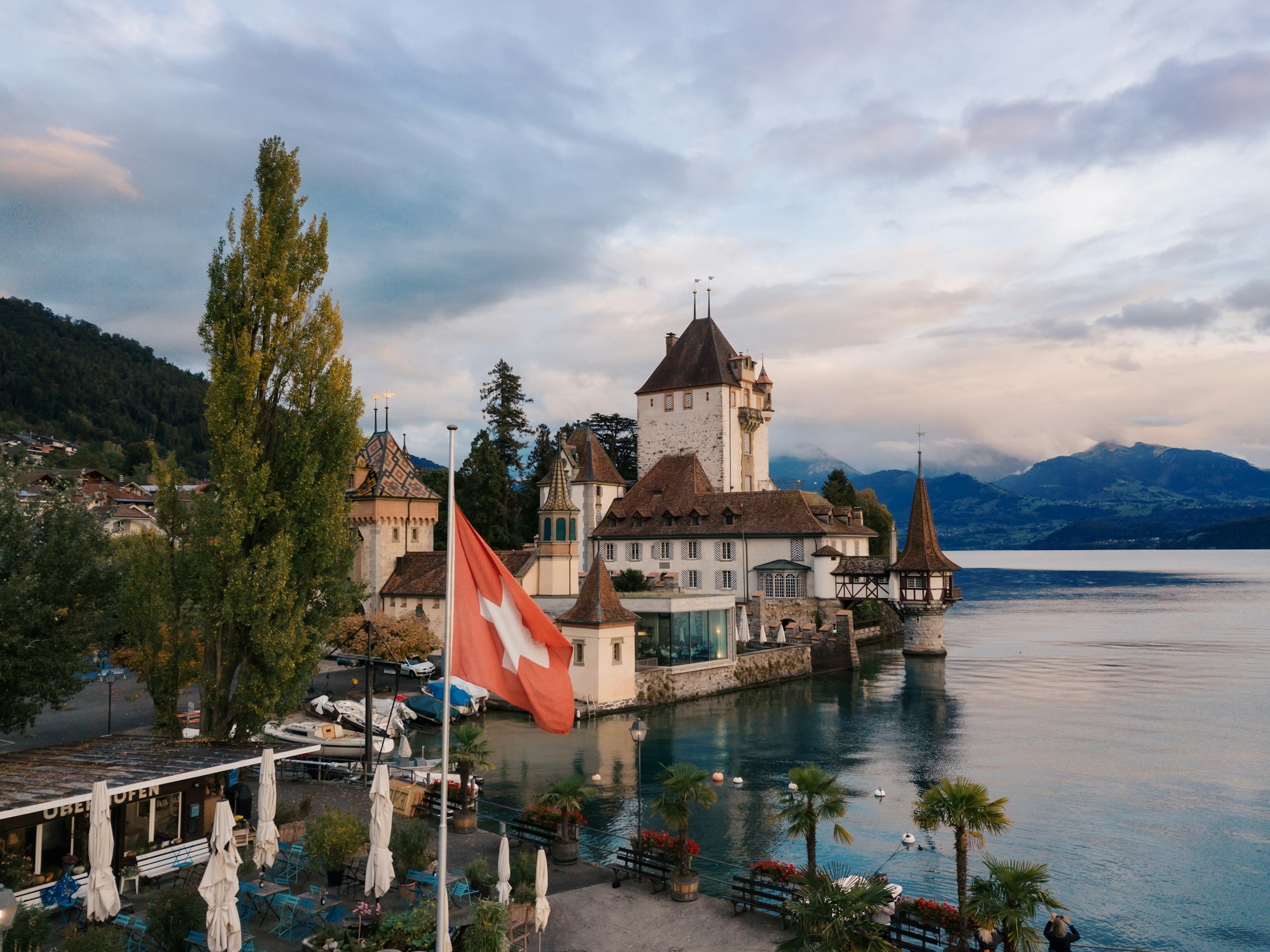
Industry Support Despite Controversies
The entertainment industry has largely embraced the expanded system. FAPAV President Bagnoli Rossi recently applauded AGCOM for the rollout of the 'Piracy Shield', describing it as a fundamental anti-piracy tool. The organization, which represents major companies including Netflix, Universal, Warner Bros, and Walt Disney, has been pushing for broader application beyond sports content.
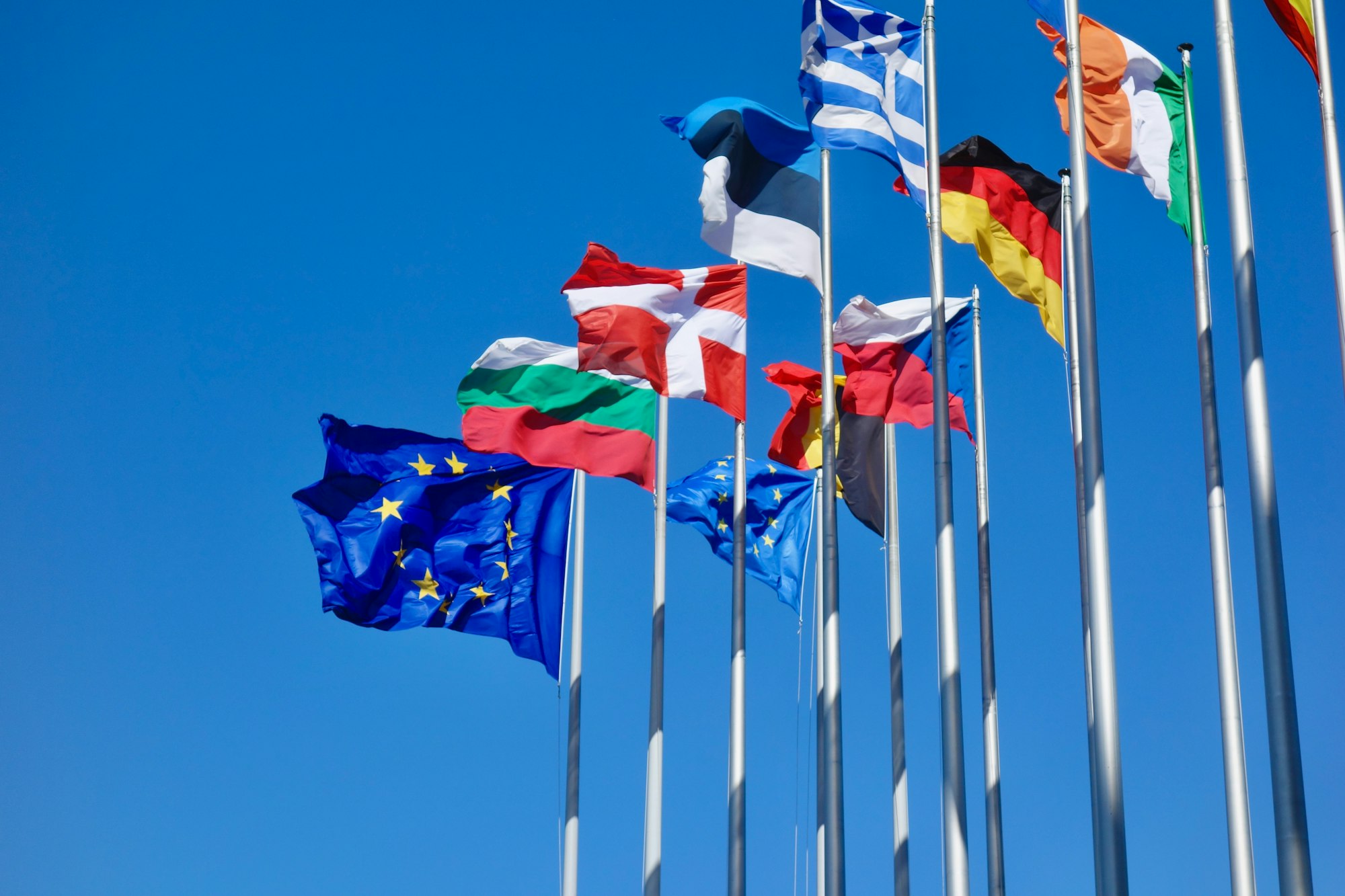
"We hope that the new public consultation will be opened as soon as possible, aimed at extending the timeliness of intervention to other audiovisual content provided for by law, including for example first-run films and non-sports live television broadcasts, a measure that the sector is waiting for," Rossi says.
Technical Expansion and Enhanced Reach
The current implementation extends far beyond simple website blocking. The regulations apply to various Internet service providers, including VPNs, DNS providers, and search engines. This comprehensive approach aims to close loopholes that pirates might exploit to circumvent traditional blocking measures.
Furthermore, the technical specifications of the Piracy Shield envisage unblocking procedures limited to 24 hours from reporting in the event of an error. This limitation to 24 hours does not seem, in principle, to respond to any justified need and could lead to persisting erroneous blockings not being resolved.
A Model Under Scrutiny
Industry observers note that Italy's Piracy Shield constitutes the perfect example of what to avoid when setting up rules that allow for the blocking of content on the internet. Critics argue that the system's emphasis on speed over accuracy creates a problematic precedent for content regulation across the EU.
European ISPs are ready to play their part in the battle against piracy, but the solution certainly does not lie in filtering and blocking IP addresses, according to industry associations. They advocate for alternative approaches that balance copyright protection with fundamental digital rights.
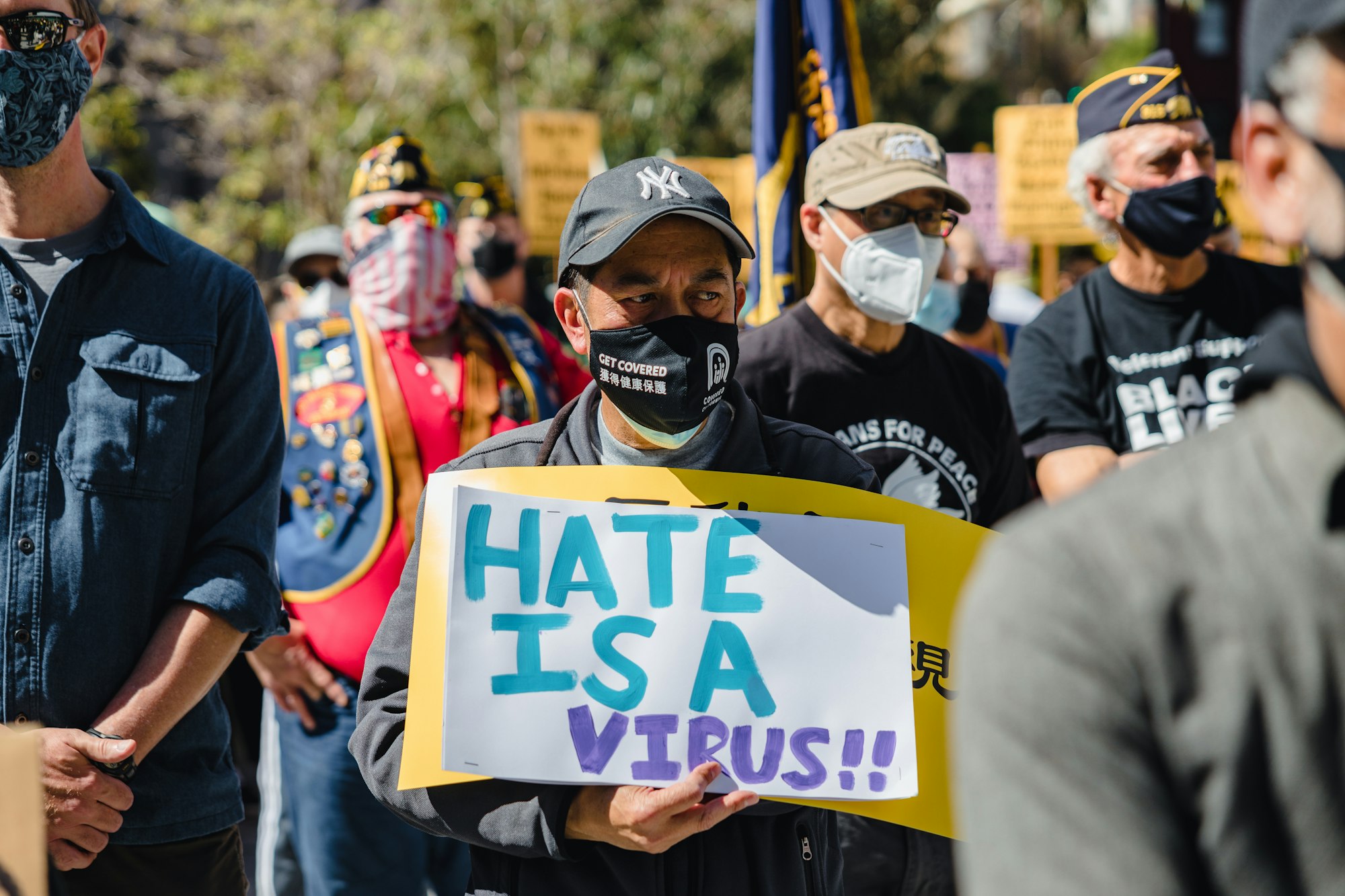
The Path Forward
As Italy's Piracy Shield reaches full operational capacity, the debate between Italy and the EU Commission is only just beginning. If the Italian government fails to provide satisfactory answers, formal infringement proceedings will be launched, with possible regulatory changes or sanctions.
The system represents a test case for how aggressively EU member states can pursue anti-piracy measures while remaining compliant with broader digital rights frameworks. Whether Piracy Shield's comprehensive approach proves sustainable in the face of mounting legal and technical challenges will likely influence content protection strategies across Europe.
For now, Italy has positioned itself at the forefront of automated anti-piracy enforcement, with a system that can rapidly block access to suspected infringing content across movies, music, television, and sports. The question remains whether this aggressive approach can withstand the growing pressure from fundamental rights advocates and EU regulators who argue that the cure may be worse than the disease.


